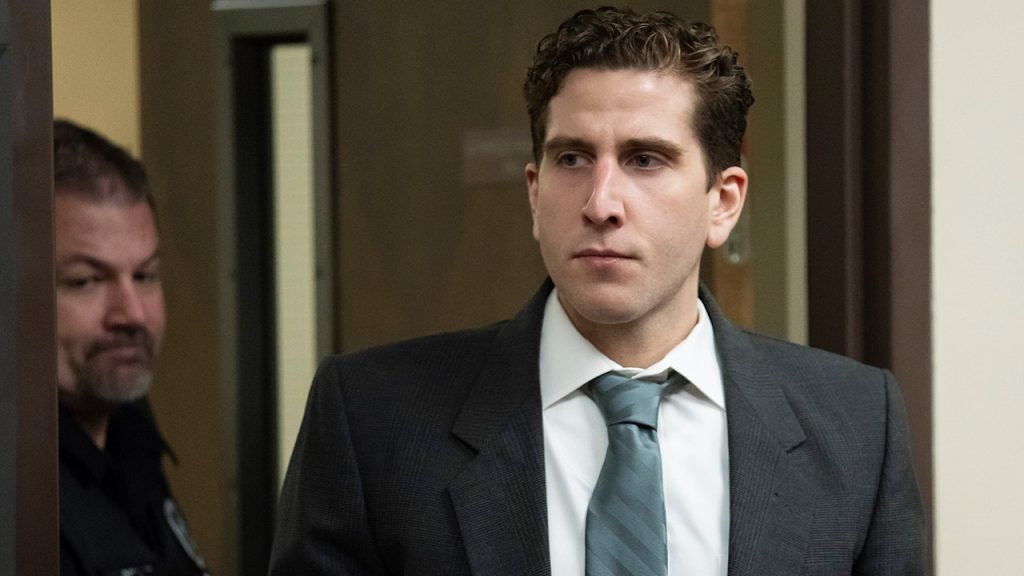Bryan Kohberger, accused of murdering four University of Idaho students in November 2022, is facing a significant legal battle as the prosecution vigorously opposes his attempts to suppress key evidence. Kohberger’s defense team has filed motions challenging the validity of search warrants executed at his parents’ home, his vehicle, and his personal devices, arguing for a Franks hearing, a rare legal proceeding that allows for the examination of the truthfulness of information presented in warrant applications. Latah County prosecutors, however, have rebutted these motions, asserting that the warrants were founded on “substantial probable cause” and urging the judge to uphold their legality. The specifics of the probable cause remain largely sealed, adding a layer of secrecy to the ongoing pre-trial proceedings.
The core of the defense’s argument centers on the claim that investigators either deliberately misrepresented facts or omitted crucial information when applying for the search warrants. They contend that if these alleged inaccuracies or omissions are proven, the evidence obtained under those warrants should be deemed inadmissible. This includes DNA evidence, data extracted from Kohberger’s digital devices and accounts, evidence seized from his car and person, and items retrieved from his parents’ residence. The defense’s pursuit of a Franks hearing underscores their belief in Kohberger’s innocence and their commitment to challenging the prosecution’s case at every juncture.
Prosecutors, on the other hand, maintain that the warrants were legally sound and based on sufficient probable cause. Their nine objections to Kohberger’s motions delve into the legal basis for the warrants and aim to demonstrate the legitimacy of the evidence-gathering process. The prosecution’s stance aims to preserve the integrity of the collected evidence, which is likely to play a crucial role in their case against Kohberger. The clash between the defense and prosecution highlights the high stakes of the legal proceedings and sets the stage for a protracted pre-trial battle over the admissibility of critical evidence.
The legal maneuvering surrounding the search warrants is just one facet of the complex legal landscape surrounding the Kohberger case. Kohberger, a criminology Ph.D. student at the time of the murders, was arrested weeks after the killings at his parents’ home in Pennsylvania. The prosecution’s case against him includes DNA evidence allegedly linking him to the crime scene, cell phone data placing him near the victims’ residence, and eyewitness testimony describing a masked intruder. The defense, however, has signaled its intent to vigorously challenge the prosecution’s narrative and assert Kohberger’s innocence.
The significance of the Franks hearing requested by the defense cannot be overstated. These hearings are notoriously difficult to obtain and even more challenging to win. Legal experts point to the rarity of such hearings being granted and their even rarer success in leading to the suppression of evidence. The defense faces an uphill battle in convincing the judge that the warrants were obtained improperly. Even if the defense succeeds in demonstrating inaccuracies in the warrant applications, the judge retains the discretion to assess whether sufficient probable cause remained, potentially upholding the validity of the warrants despite any flaws.
The impending legal battles surrounding the search warrants and other pre-trial motions will shape the trajectory of the Kohberger case. The defense’s efforts to suppress key evidence represent a crucial strategic move to weaken the prosecution’s case and protect Kohberger’s rights. The prosecution’s resolute opposition underscores their determination to preserve the integrity of their evidence and secure a conviction. The judge’s decisions on these critical pre-trial matters will ultimately influence the course of the trial and the potential outcomes for both sides. As the legal proceedings unfold, the complexities of the case and the high stakes for all involved continue to intensify.


